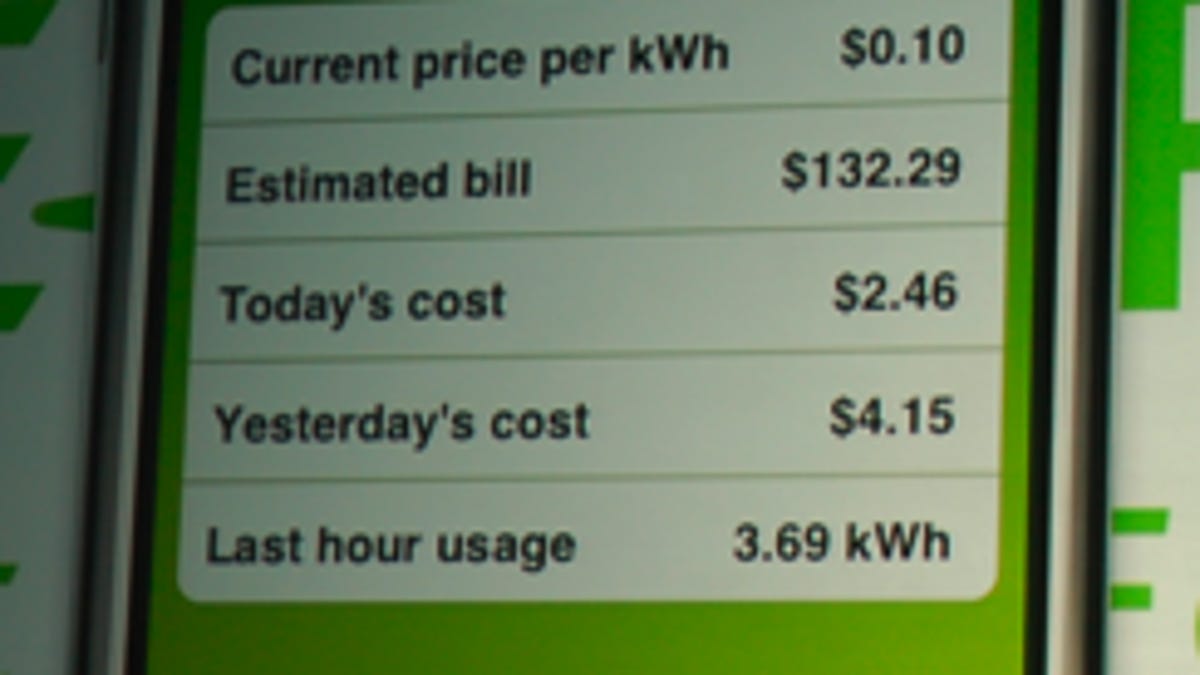Demo panel previews new power monitoring initiatives
Representatives from Google, Tendril, and AMEE want to save power, and save the planet.

PALM DESERT, Calif.--At Demo 09, new conference honcho Matt Marshall led a panel where three companies showcased their new technologies to save power, and with it, they hope, the planet.
Google's Thomas Sly started by comparing buying power to what it would be like if you bought groceries without an itemized receipt--just one bill when you left the store. Google's goal is to collect and help distribute the data on power use, which, Sly says, will encourage people to consume less.
Google is currently in a test with about 100 devices that track power use, and that should grow to about 200 soon, Sly said.
The goal is to get 50 percent of households to cut 10 percent of their power. Sly said that would be as much as all the solar and wind power now produced in the U.S., or the equivalent of taking eight million cars off the road.
Tendril's CEO, Adrian Tuck, showed off hardware devices that monitor and control AC power. Small devices plug in between an outlet and an appliance or lamp, and transmit power use to a home device that then puts the data on a Web service where consumers can see what they're using. The devices also control power (turning off lights, for example). Tuck showed an iPhone interface that told the user not just how much power they were using but that also let him turn on and off outlets, or change his whole house to a different power-using profile.
AMEE, "the world's energy meter," sent Vice President Robin Baker to pitch his company's goal to create the global platform for tracking energy used (and thus carbon consumed or emitted) "for everything on the planet."
The overarching theme of this panel is that these companies are all working on the same thing: collecting information about power consumption. It appears that they are also moving to shared data, so that, for example, data from Tendril devices can feed both Google and AMEE databases.
However, the picture from Washington, D.C., is not so rosy. As we reported earlier today, our power grid isn't currently set up to collect and distribute this information.

